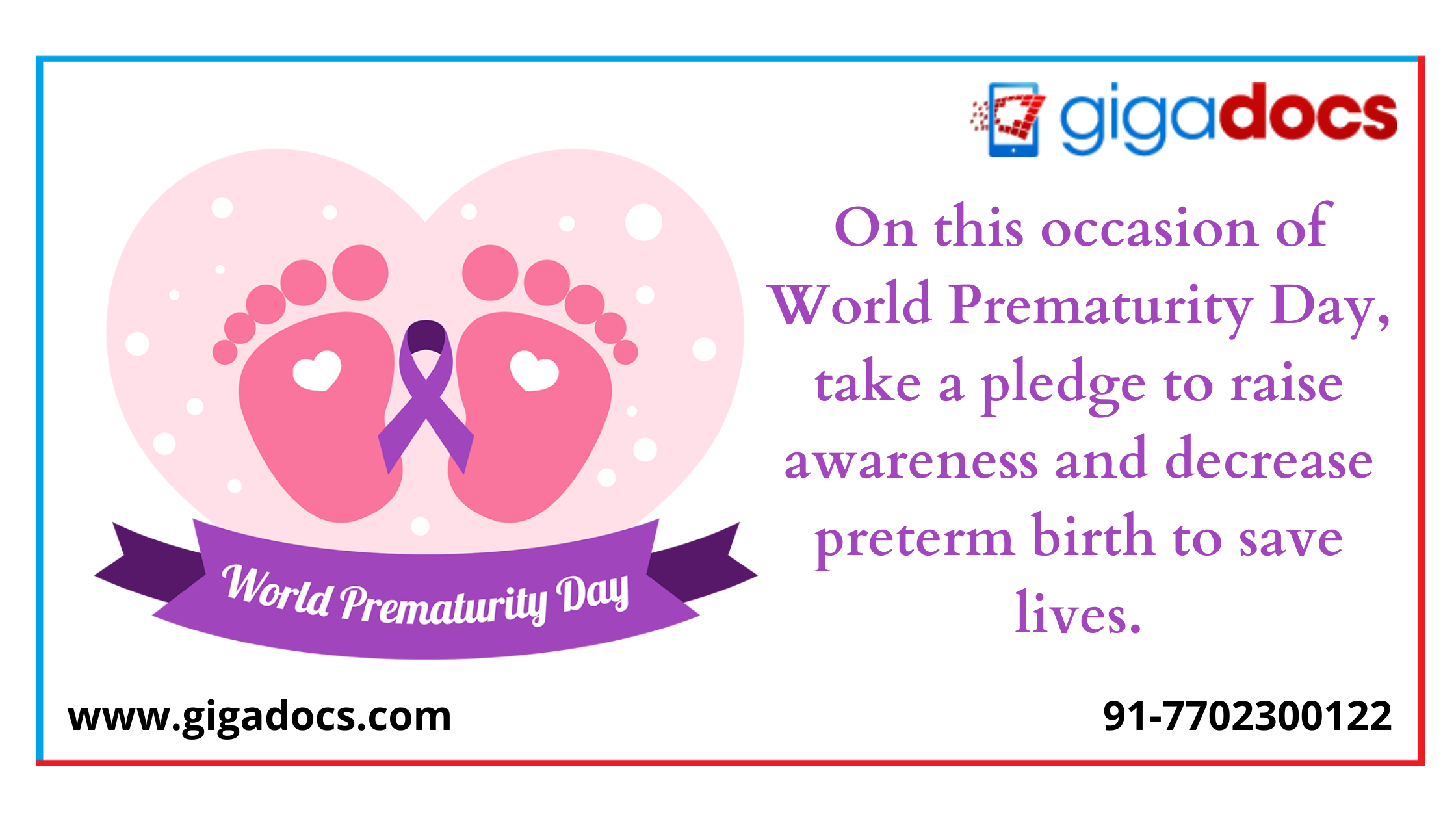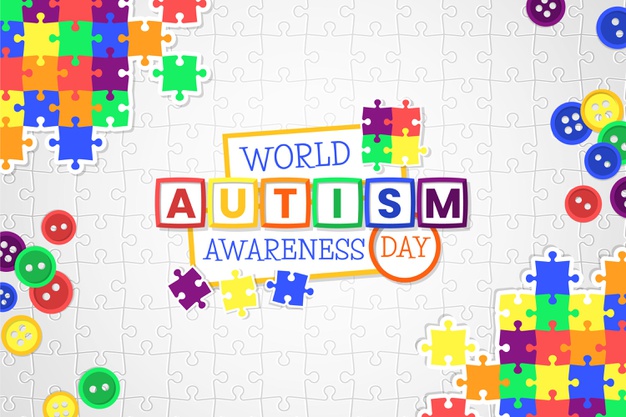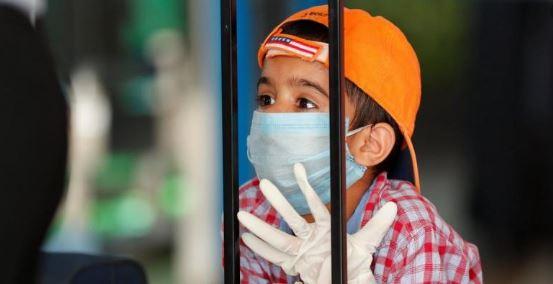According to UNICEF, around 15 million babies are born prematurely every year.
Thanks to the rapid advancements in medical science, the survival rates of premature babies have considerably improved. Those born after twenty-eight weeks of pregnancy, weighing over one kg, have almost a full survival chance. However, complications arise when the premature is born before twenty-eight weeks. Their immune system is weak and requires the support of the neonatal intensive care unit (NICU).
Premature New-born: Features and Identification
The earlier the babies are born before the due date, the smaller they will be, with a large head in proportion to the rest of their body. Here is how you can identify a premature new-born baby-
- About 60 per cent of twins, triplets, and other multiple deliveries account for the most frequent preterm births.
- Premature babies weigh considerably less below than an average full-term baby who weighs about 3.00-3.5 kg at birth.
- They will have less fat, thin and transparent skin, so thin that you can see their blood vessels beneath.
- They may also spot the fine hair (lanugo) on their shoulders and back.
- Because of the absence of protective fat, premature babies can get cold in the normal room temperatures, which is the reason why they are immediately put in an incubator or under a radiant warmer which is a neonatal heating device.
- Soft cries indicate an immature respiratory system and troubled breathing leading to serious health problems.
- Their weak respiratory system may not supply enough oxygen to the critical organs. Premature babies need a stringent observation of their heart rate with a cardio-respiratory monitor or a ventilator temporarily to support their breathing.
Premature Baby Problems
With more than one million annual deaths estimated by UNICEF, premature birth is one of the leading causes of mortality in children under five. As they age, they may develop long term health conditions, like lactose intolerance, weaker immunity which affects their brain, lungs, hearing and vision capabilities.
Highlighting the importance of premature baby problems, 17th November marks World Prematurity Day worldwide. Observed since 2009 a multitude of events are organized around the world that includes healthcare discussions, marches and purple lightning which is the official colour of the World Prematurity Day.
Premature Baby Care at Home
Pre matured babies require special attention during their initial two years, especially when they are underweight. Here are the premature baby care tips for your home-
- Maintaining the correct temperature
Premature babies need a comfortable temperature to build their immunity. Prefer layer clothing like sleepsuits, blankets which you can easily add or remove depending on the warm or chilly surrounding weather.
- Watching their growth
Premature babies may show stunted growth in their initial years, over-time they slowly catch up with the normal kids. However, as a parent, it is good to be vigilant and keep a record of your baby’s growth. You can consult a paediatrician on the Gigadocs app for premature baby growth charts, which would help you to track your baby’s milestones.
- Washing precautions
Your premature baby will need washing and cleaning based on the condition of their skin. For most babies, both normal and premature, plain water and cotton-wool balls are good to wash and sponge their bottom, face, and neck.
After a wash, your baby’s body loses its heat very quickly. Use a towel and wrap to dry your child. It is good to be extra vigilant – especially in these chilly, cold months when the cold and flu infectivity are high.
- Treating a stomach infection
Stomach bugs are the most common infections that attack babies. Keep your baby adequately hydrated even when they are sick. Breastfeed frequently, give them cooled boiled water. You can mix rehydration salts. Even while breastfeeding, give more liquids by cup, spoon, or bottle.
- Feeding care
Most of the premature babies need about 8-10 baby food feedings in a day. Be vigilant while you feed your premature baby. The risks associated with formula feeding makes them vulnerable to infection in their early months. Be consistent with their feeding schedule and don’t wait for more than four hours between two feeds.
Six to eight wet diapers a day indicates that your baby is getting the requisite breast milk or formula. Though they may spit up after a feeding, but make sure over time your baby is gaining weight.
- Ensure a sleeping schedule
Premature babies sleep more than full-term babies; however, they sleep for shorter periods. The more they sleep the quicker they gain weight and develop. Ensure that babies are put to bed on their backs, not on their stomachs. For premature babies, use a firm mattress without a pillow. Sleeping on a soft mattress over the stomach increases a premature baby’s risk of sudden infant death syndrome (SIDS). Also called “crib death”, SIDS is a sudden and unexplained death of a baby younger than one year while the infant is asleep.
- Check their vision
Premature birth increases the risk of babies developing strabismus later in life. Premature babies who weigh less than 2 kgs are 60 per cent more suspectable to contracting strabismus than the full-term babies.
Some premature babies born at or earlier than 32 weeks of pregnancy may suffer from retinopathy of prematurity (ROP) which needs to be timely treated to prevent vision loss later.
- Check your baby’s hearing
Premature babies are likely to develop hearing troubles more than full-term babies. If you notice your baby doesn’t respond to your calls, consult a paediatrician on the Gigadocs app. Check their hearing capability by making noises behind or over the side of their ears. Tell your paediatrician if the baby doesn’t turn his/her head or reacts to loud noise.
Premature Baby Care with Gigadocs
Immunization schedules are the same for premature babies as those with full-term babies. Follow Gigadocs to check the Vaccination Schedule Chart for your baby with their date of birth.
Gigadocs practice management app lets you contact a paediatrician immediately over a telephone call or a video call. Reach out to a registered specialist if your child vomits more than three times within 24 hours, shows diarrhoea symptoms, has less than six wet nappies in 24 hours, develops a dry mouth, sunken face, eyes and shows lethargy and irritability.
Download Gigadocs app-
- IOS App – apple.co/2W2iG4V
- Android App – bit.ly/33AQoRC
To know more and schedule a Virtual Consultation demo, e-mail, at info@gigadocs.com




